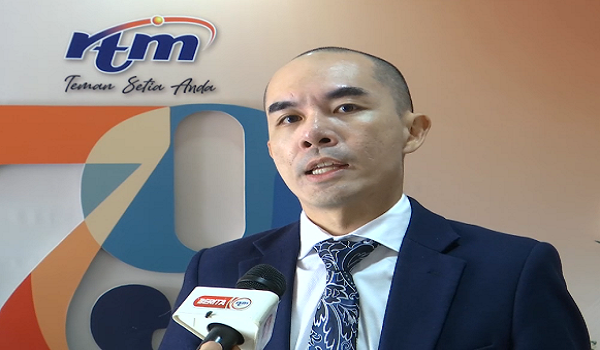Australia’s Treasury Department has launched a consultation paper on implementing the Organisation for Economic Co-operation and Development’s (OECD) Crypto-Asset Reporting Framework (CARF). The initiative is aimed at improving tax transparency and combating global tax evasion related to cryptocurrency transactions.
The consultation, released on November 21, presents two possible approaches for integrating CARF into Australian tax law: either adopting the framework entirely or customizing it to meet the specific needs of the Australian Taxation Office (ATO).
OECD’s Crypto-Asset Reporting Framework
Developed by the OECD in 2022, CARF is designed to standardize the reporting of crypto-asset transactions, helping tax authorities track crypto activity and prevent tax evasion. In 2023, Australia joined 47 other countries in committing to adopt CARF, which mandates that crypto exchanges and wallet providers report transactions to tax authorities, improving international collaboration and oversight.
The consultation suggests that CARF reporting could begin in 2026, with data exchanges between the ATO and international tax authorities slated for 2027. This timeline gives crypto providers ample time to update their systems to meet new reporting requirements.
Global Adoption of CARF
Australia is not alone in pursuing CARF integration. Other countries, including Canada, Switzerland, and New Zealand, have also moved toward implementing the framework to strengthen global tax transparency for crypto assets. Canada plans to apply CARF by 2026, while Switzerland has begun public consultations, and New Zealand has proposed adopting it as part of a new tax bill.
The adoption of CARF will require crypto exchanges and wallet providers to enhance their reporting systems, ensuring greater transparency in digital asset transactions. This move is expected to reduce the risk of tax evasion and contribute to a more regulated and transparent crypto industry.
Implementing the OECD’s CARF framework is a critical step for global tax transparency in the cryptocurrency market. As digital assets continue to grow, it is important that governments implement standardized reporting measures to ensure compliance and prevent misuse. Australia’s commitment to CARF sets a positive example for other nations looking to balance innovation with accountability in the crypto space.














